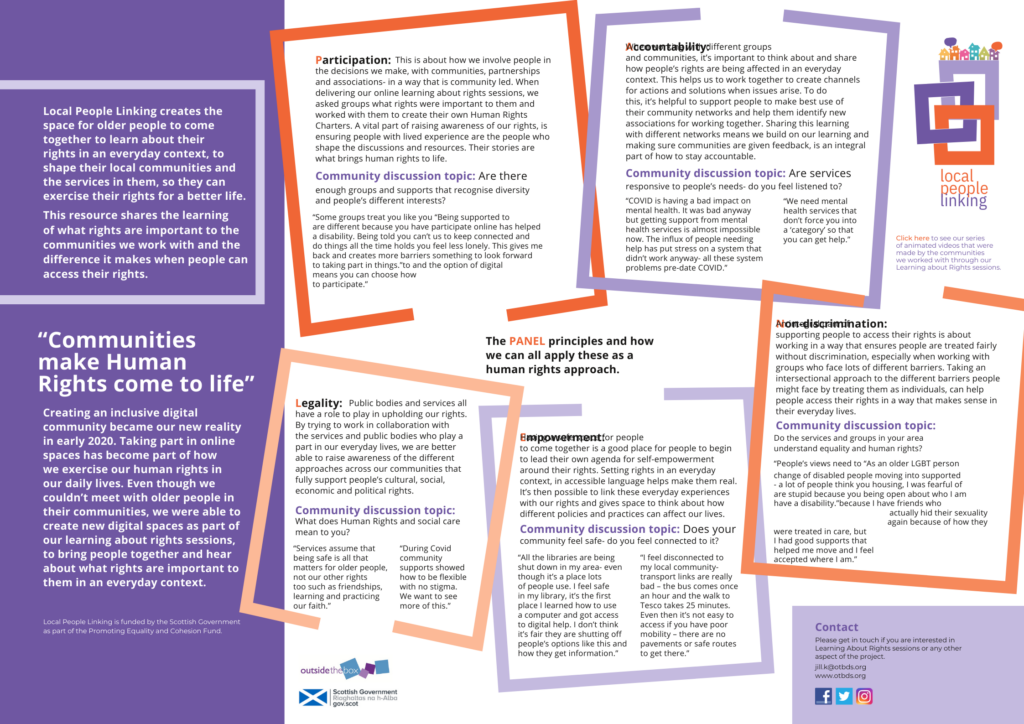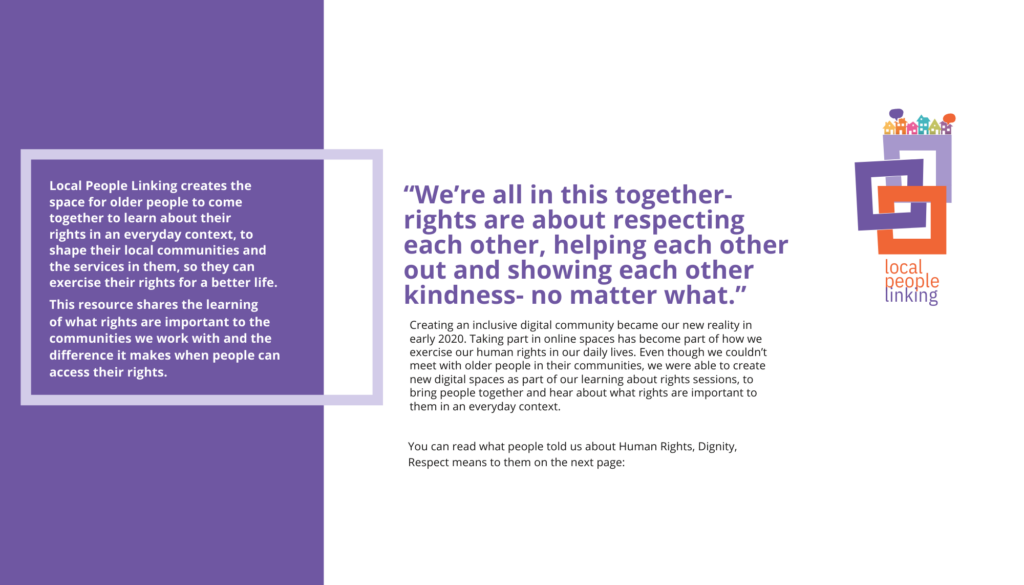Local People Linking: learning about Human Rights
What is Local People Linking?
Local People Linking is a project creating spaces for older people to come together to learn about their human rights in an everyday context, to shape their local communities and the services in them, so they can exercise their rights for a better life. The project ended in October 2021 – and we’re excited to share all the learning, for other people in communities to use.
New learning resources to use in your communities
We have 2 new resources from Local People Linking. These resources share learning around the rights that are important to people and the difference it makes when everyone can access their rights in communities.
Human Rights Learning resource
Our Human Rights Learning Resource can be used to discuss the ‘PANEL’ approach to rights, and what things like ’empowerment’, ‘participation’ and ‘accountability’ can look like in local contexts.
Access and download the Human Rights Learning Resource here.
Using Human Rights in our Communities resource
This resource can be used to explore how rights connect to different aspects of our everyday lives in communities. It’s helpful for identifying local issues and gaps, and coming up with solutions.
Access and download the Using Human Rights in our Communities Resource here.
Animations exploring our human rights
We are excited to share a series of animated videos that were made by the communities we worked with through our Learning about Rights sessions. The videos explore issues around rights, social care, and how to better access our rights. We developed them with people in lockdown to raise awareness of what rights are important to them and how to apply rights approaches to our everyday experiences.
Watch the videos here
Local People Linking: Having a conversation about Rights and Social Care
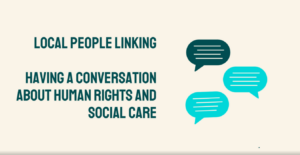
Neighbourhood Networks Members Human Rights Charter
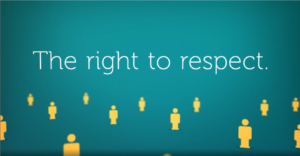
Neighbourhood Networks Staff Human Rights Charter
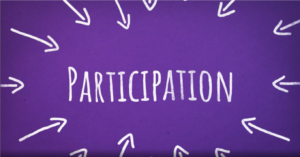
Neighbourhood Networks Tips for Mental Health
Local People Linking: What does good communication look like?
We hope you find these videos useful and that they spark conversations about rights in your own communities and organisations!

